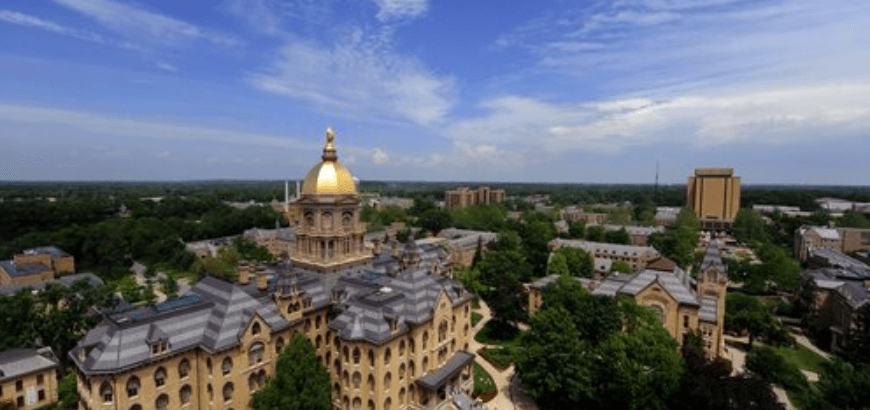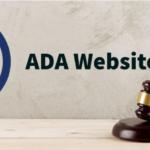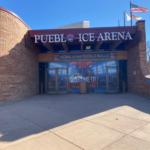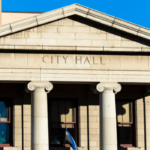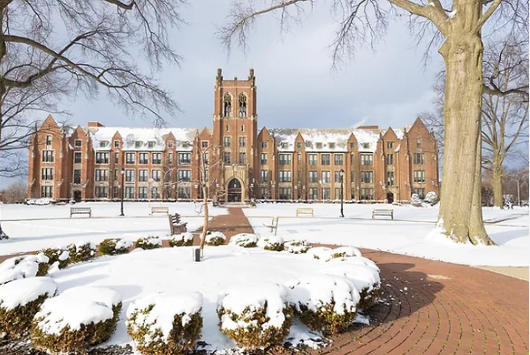
Synopsis: A class action lawsuit claims Notre Dame College website is inaccessible to the blind and visually impaired.
Colleges and universities across the United States are facing increasing risks of being sued over website accessibility issues.
The issue of website accessibility is a growing concern, as more and more people rely on websites for their everyday tasks. The Americans with Disabilities Act (ADA) requires all public places and services to be accessible, and websites are no exception.
Plaintiff sues Notre Dame College
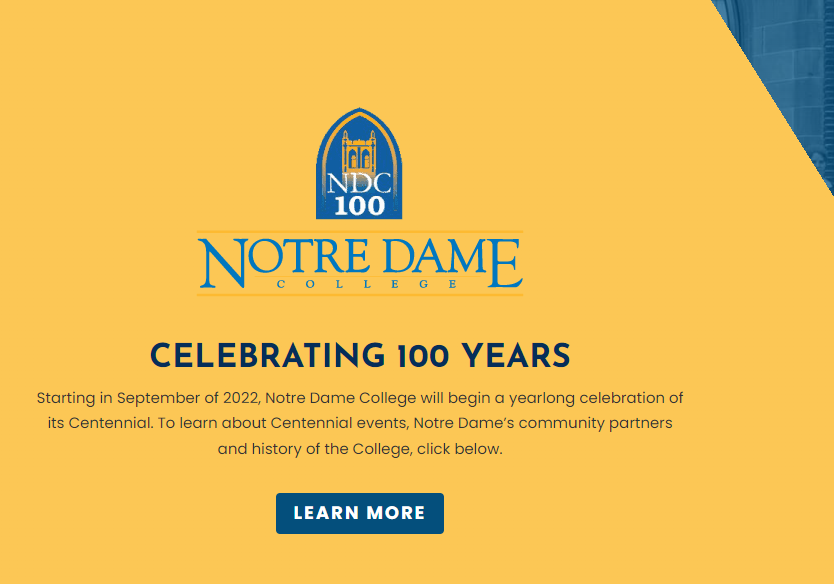
Plaintiff James Murphy claims Notre Dame’s website is inaccessible to individuals who are blind or visually impaired.
The website’s inaccessibility is a barrier for those who are unable to utilize the educational resources offered by the college. The class action lawsuit was filed in New York federal court.
Lawsuit Highlights Website Accessibility
The Notre Dame College has failed to make its website fully accessible to individuals who are blind or visually impaired. Notre Dame’s website denies individuals who are blind or visually impaired equal access to the services it offers. This violates the Americans with Disabilities Act (ADA).
Notre Dame Class action lawsuit
“Because Defendant’s website … is not equally accessible to blind and visually-impaired prospective students, it violates the ADA,”
Notre Dame College class action statement
Notre Dame’s website contains a number of access barriers to screen readers used by blind or visually impaired to browse the internet.
“Unless websites are designed to be read by screen-reading software, blind and visually-impaired persons are unable to fully access websites, and the information, products and services contained thereon.
Class action
Murphy wants to represent a nationwide class and New York subclass of legally blind individuals. They have attempted to access Notre Dame’s website and been denied equal access to the information it offers.
In addition to the ADA, the website violates the NY Human Rights Law, Section 504, and NY Human Rights Law.
Plaintiff demands a jury trial and declaratory and injunctive relief. He requests award of compensatory, statutory, and punitive damages for himself and all class members.
A number of colleges faced claims last year that they failed to make their websites fully accessible to disabled individuals. These include The Corporation of Mercer University, Lafayette College and Loyola University of Chicago.
Source: Top Class Actions
Conclusion
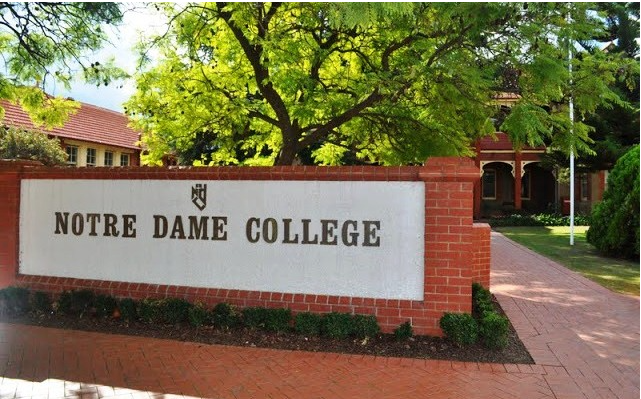
Website inaccessibility is a significant issue that affects the blind and visually impaired community, including those pursuing higher education.
The case of Notre Dame College’s inaccessible website highlights the need for educational institutions to prioritize accessibility in their digital spaces to ensure equal opportunities for all students.
By improving website accessibility, higher education institutions can promote inclusivity and enhance the learning experience for all students, regardless of their abilities.
It is crucial for educational institutions to take proactive steps towards creating accessible websites to ensure that everyone can access the information they need to succeed in their academic pursuits.

